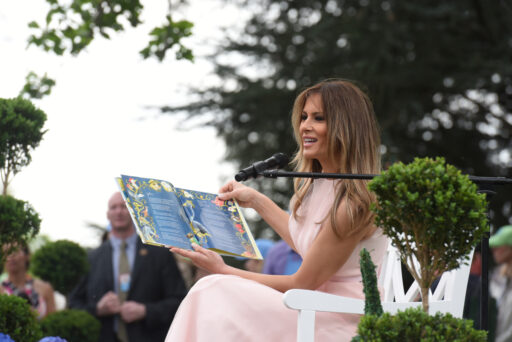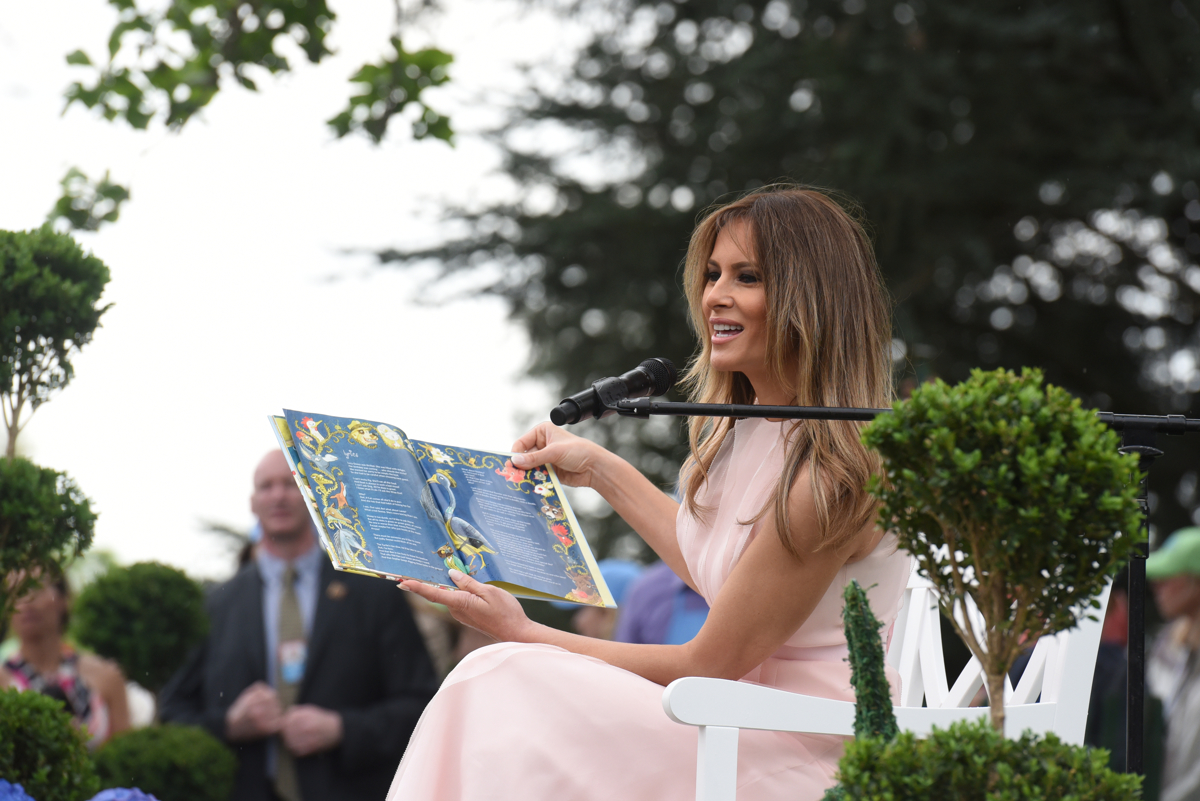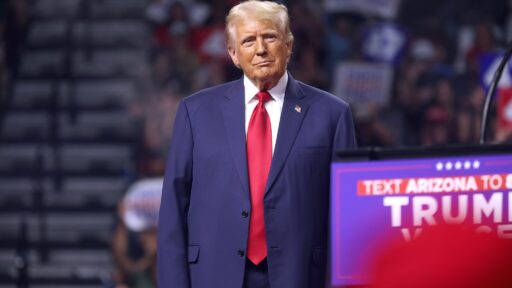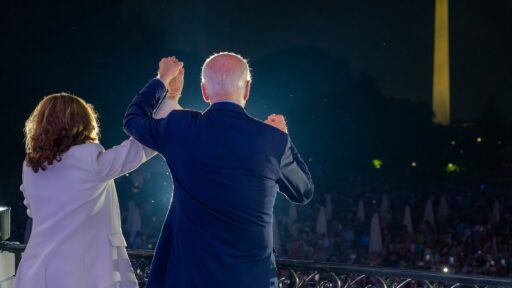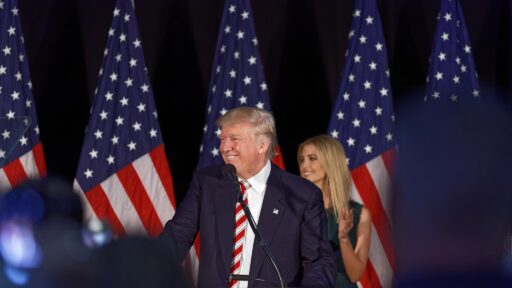This is a very touchy subject and both sides should understand each other.
In a surprising twist, Melania Trump’s upcoming memoir has stirred significant controversy within the pro-life community by revealing her stance on abortion. In her book, she articulates a belief that a woman should have the autonomy to decide what happens to her body, stating, “Why should anyone other than the woman herself have the power to determine what she does with her own body?” This perspective has drawn criticism from prominent pro-life advocates who feel it contradicts the principles of empowerment and responsibility they champion.
Kristan Hawkins, president of Students for Life of America, expressed her disappointment, noting that Melania had a unique opportunity to uplift women but instead chose to endorse views that many see as detrimental. “Her stance on abortion represents a flawed understanding of feminism, one that pits women against their own bodies,” Hawkins stated. This critique resonates deeply with those who believe that true empowerment comes from embracing motherhood, not sidelining it.
As the political landscape heats up ahead of the November elections, this revelation complicates matters for the Trump campaign. Donald Trump has been vocal about his commitment to pro-life policies, celebrating the Supreme Court’s decision to overturn Roe v. Wade. He appointed three justices who played pivotal roles in that landmark ruling, effectively allowing states to enact stricter abortion laws. In contrast, Melania’s views seem to diverge from the pro-life message her husband has championed.
The juxtaposition of their beliefs raises questions about the future of the Republican Party’s stance on abortion, especially as Democratic candidates like Kamala Harris emphasize protecting abortion rights as a core element of their campaigns. With public opinion on abortion shifting, as indicated by recent polls showing a majority of Americans favoring access to abortion, the implications of Melania’s position could prove to be a strategic challenge for pro-life Republicans.
As the election approaches, pro-life advocates like Hawkins worry that Melania’s narrative may weaken the overall message they wish to convey. She remarked, “It’s difficult to understand why Melania would choose this moment to publish her views, which could potentially undermine President Trump’s outreach to pro-life voters.” For many within the Republican base, the focus remains on solidifying a united front on issues like abortion, and Melania’s insights may complicate that effort.
As discussions around women’s rights and family values evolve, it’s crucial for leaders in the Republican Party to clarify their positions and rally support around shared principles. The path forward will require engaging with voters on the complexities of these issues while staying true to the core values that resonate within the pro-life movement.


